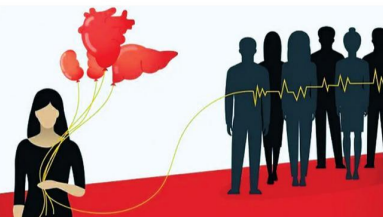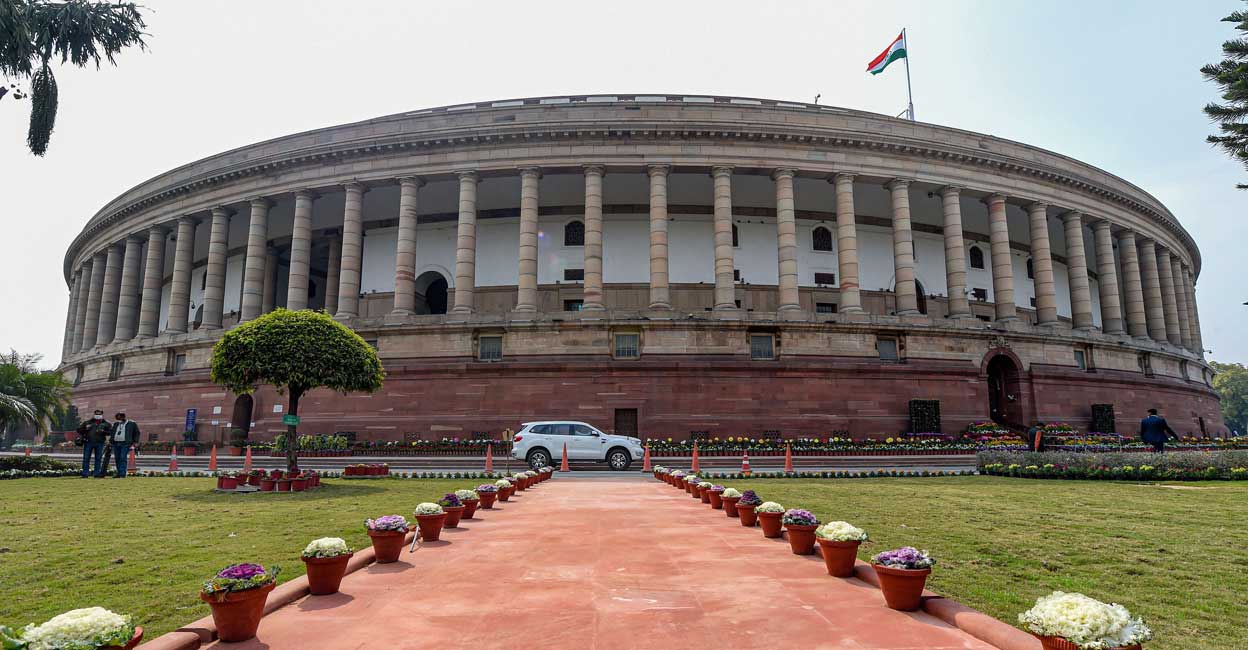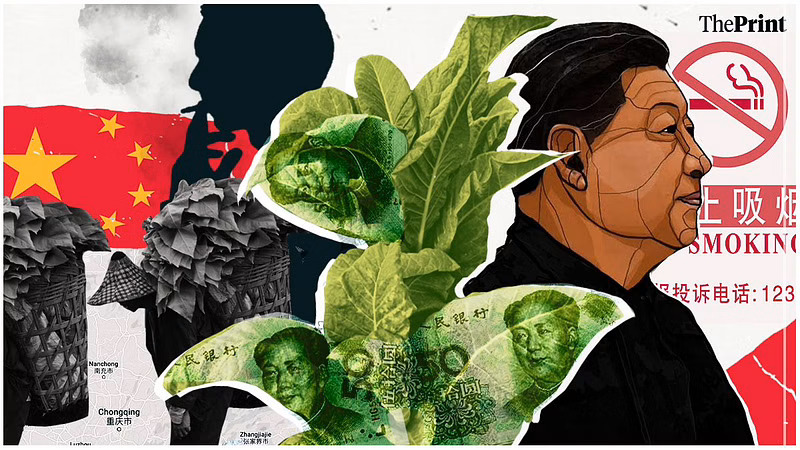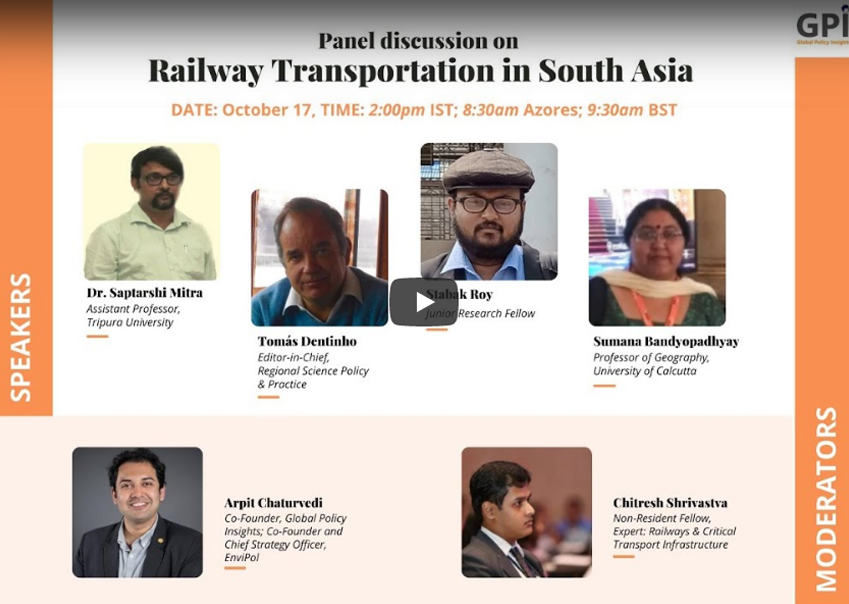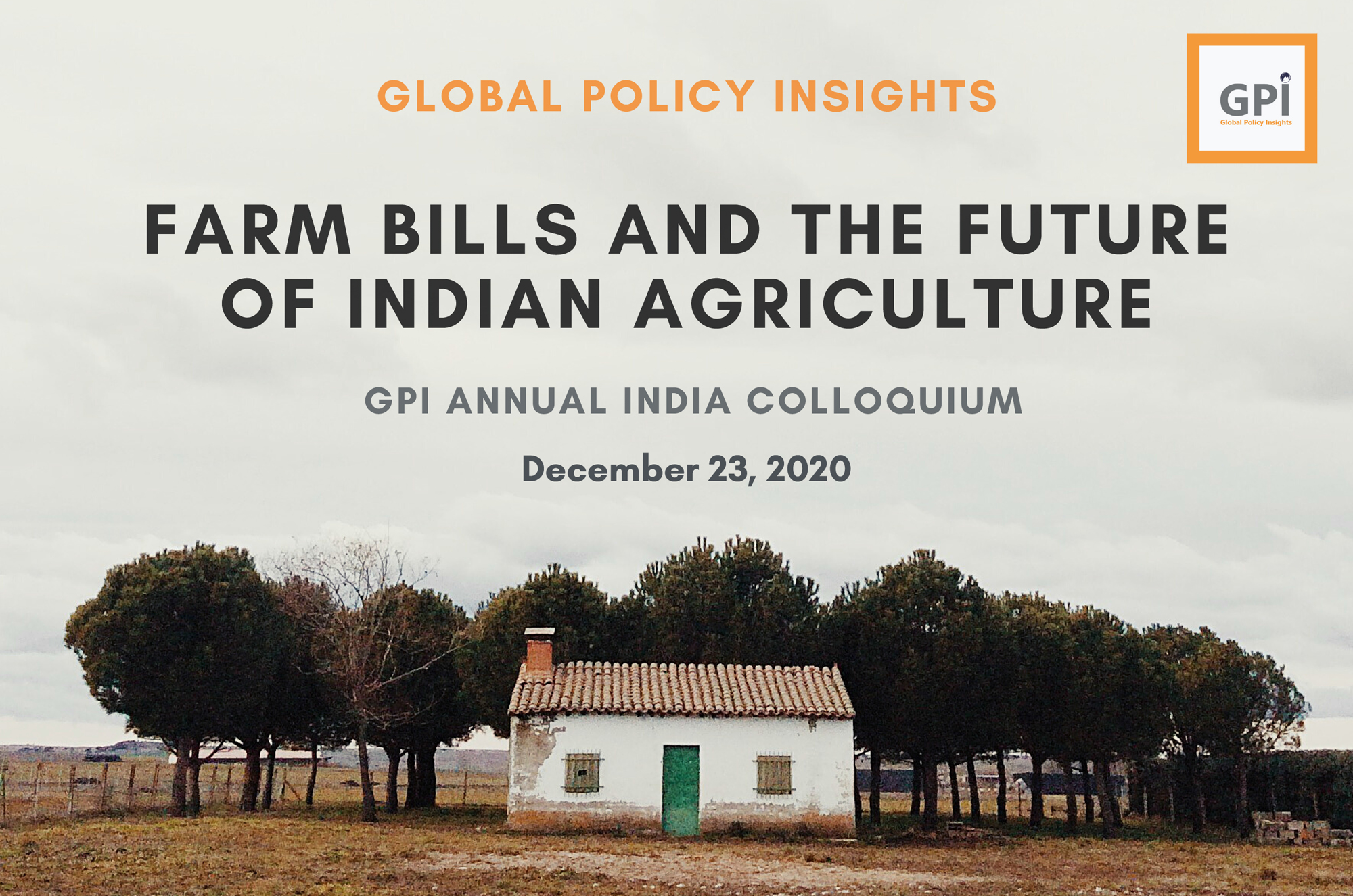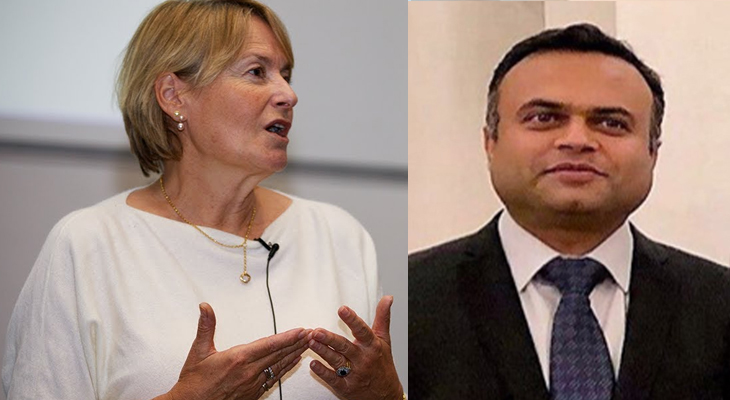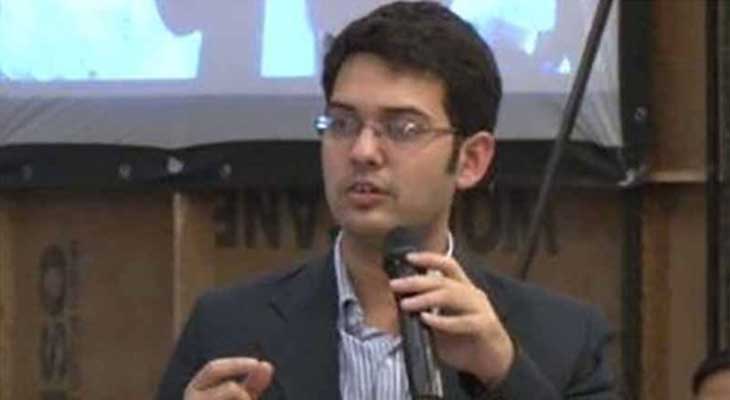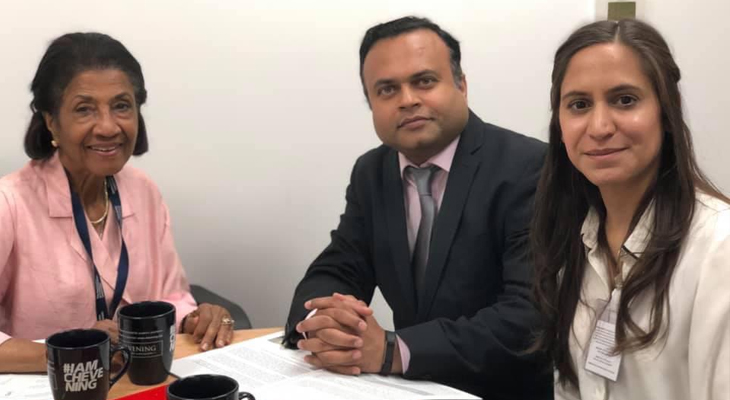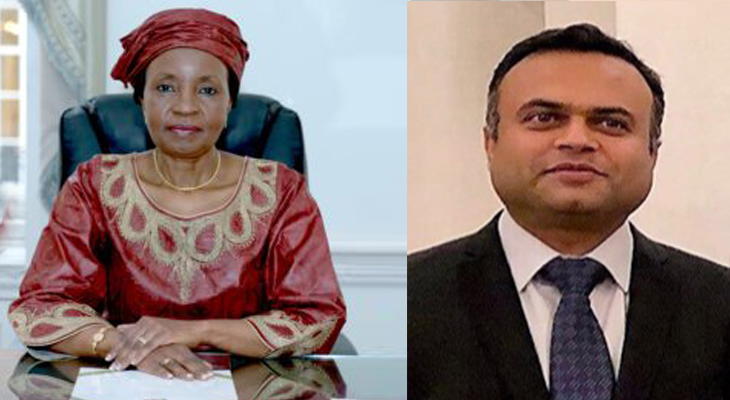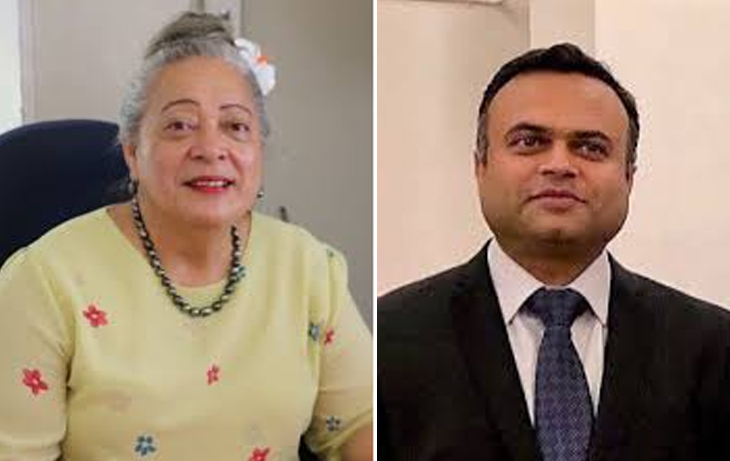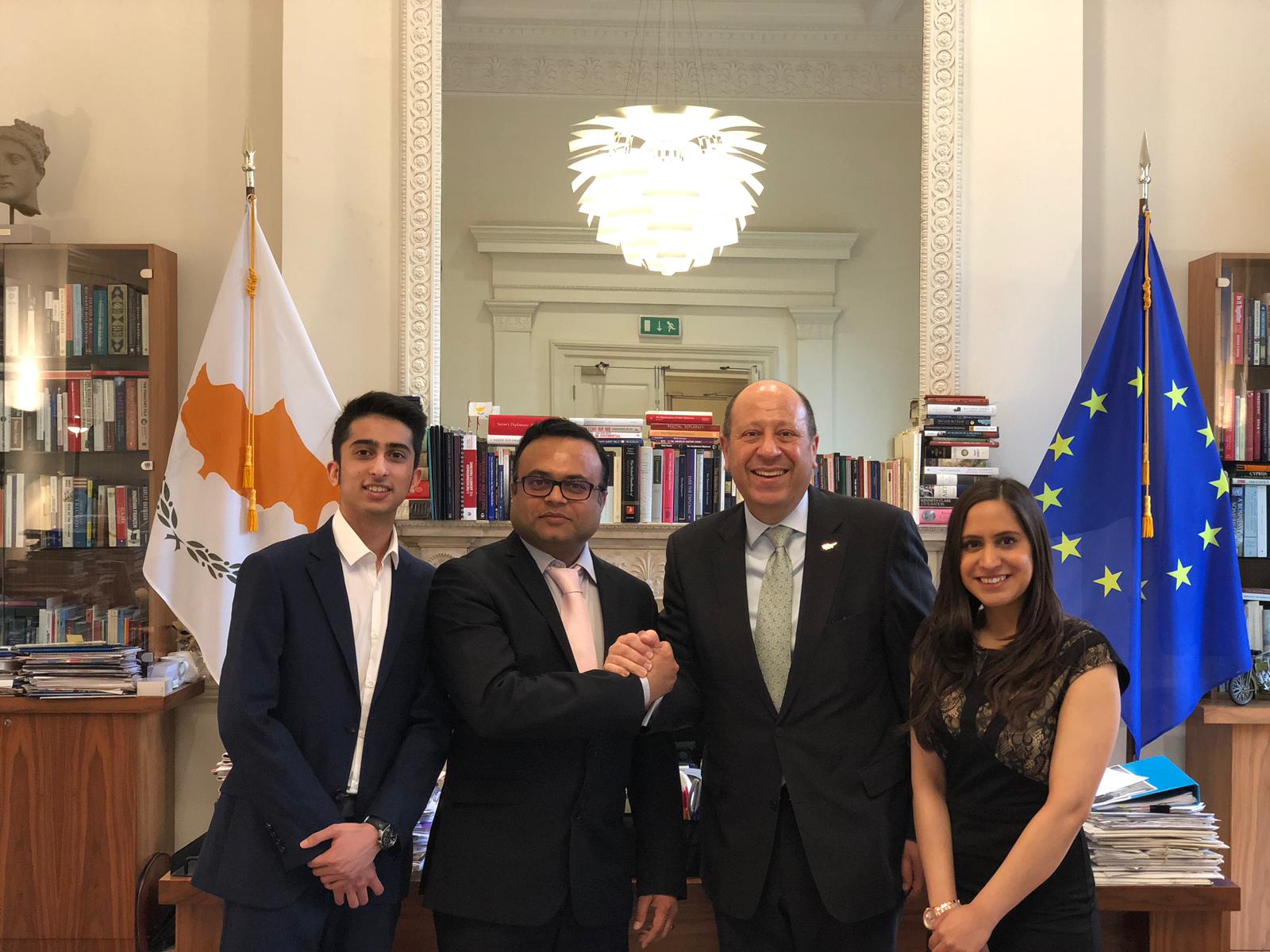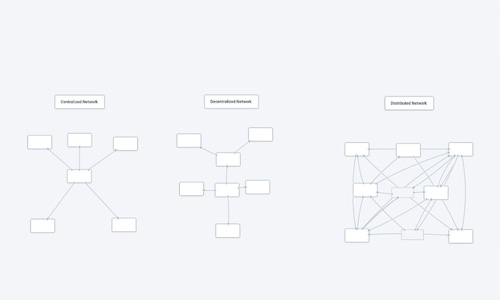
Policy alternatives for promoting organ donation in India
Nov 07, 2022 by Arpit Chaturvedi
India has one of the lowest organ donation rates in the world. As per the International Registry in Organ Donation and Transplantation (IRODaT), the number of persons donating organs per million population stood at 0.52 in 2018-19.
Why India Needs a Comprehensive Biosecurity Framework
Nov 07, 2022 by Arpit Chaturvedi
India is vulnerable to bio-attacks. Let's face it: if an adversary state or a nonstate terrorist actor were to target India through bio attacks, it will be ill-prepared with a litany of ministries such as Defence, Home Affairs, Health and Family Welfare, Agriculture, Urban Development, Rural Development, and even Railways, scrambling to find the direction and coordination needed to respond effectively.
The Embedded Inequities in India’s Renal Transplant Regime
September 19, 2022 by Arpit Chaturvedi
India is heading towards becoming a digital economy where data is extremely essential for governments, and companies to run in the 21st century. India is generating humongous data - 150 exabytes annually.
What were the Major Loopholes in the Data Protection Bill that led to its Withdrawal
August 23, 2022 by Shiv
India is heading towards becoming a digital economy where data is extremely essential for governments, and companies to run in the 21st century. India is generating humongous data - 150 exabytes annually.
The Role of Presidents in Parliamentary Democracies: A Comparative Study Focusing on India
July 18, 2022 by Agnese Cigliano
With July 18th and the Election of the 15th President of India fastly approaching, it seems worth analysing the role of the President within the democratic system of India, and what are the implications of this on the overall democratic system of India...
Open Lecture on: High-Speed Railway and its Implications in Third World Country
May 24, 2022
Speaker: Chitresh Srivastava, Non Resident Fellow at Global Policy Insights Moderated by Noorullah Wasi, Head of program and operation at Global Policy Insights
China wants to reduce smoking, but its largest revenue comes from tobacco. Solution? BRI
May 5, 2022 Bhavdeep Modi
China National Tobacco Corporation, a Chinese state-owned tobacco company also known as ‘China Tobacco’ grabbed eyeballs last year after a senior disciplinary inspector was sacked by the Communist Party’s powerful Central Commission for Discipline Inspection for using ‘shadow companies’ and ‘revolving door’ to seek illegal profits. Weeks later in 2022, Sichuanese vaping baron Chu Lam Yiu was detained by China for suspected ‘disciplinary violations’ and put under ‘residential surveillance
Panel Discussion on Railway Transportation in South Asia
Oct. 21 2021 Arpit Chaturvedi
Global Policy Insights on October 23rd held a Panel Discussion on the recently launched book "Railway Transportation in South Asia: Infrastructure, Planning, Regional Development and Economic Impact" the discussion was graced by the editors, Dr Tomas Dentinho, Dr Sumana Bandopadhyay, Dr Saptarshi Mitra and Stabak Roy and contributing authors Chitresh Shrivastva, Non-Resident Fellow, Expert-Railways and Critical Transport Infrastructure and Pereira Hugo Silveira
Space sector in India: Why state governments should play a role
Sep. 30 2021 Arpit Chaturvedi
The space sector in India has steadily matured over the last seven decades. There has been a gradual increase in private participation for the development of the sector. The present well-developed formal space program can be credited to the efforts and policies of the department of space, government of India, and the Indian Space Research Organization (ISRO), India’s premier space organisation. The impetus for the new privatization policy is shaped by the establishment of Antrix Corporation, which is a government venture to utilise the commercial potential of the Indian space programme.
Promoting Safe Motherhood: How Conditional Cash Transfer Programmes Promote Institutional Births in India
Sep 21, 2021 Maitrey
Cash Transfers are becoming more and more popular in the developing world. Well designed cash transfer programs are reducing poverty and suffering in the short term and creating a generation of healthier and better-educated people in the long term.
Covid-19 surge will test Taiwan’s resilience to pressure from Beijing
July 3, 2021 Liam Gibson
Staring down growing external threats across the Taiwan Strait, the last thing Taipei needs is a Covid-19 outbreak to shake its domestic scene. Yet, that is exactly what is unfolding, and the timing could not be worse.
#SpaceWatchGL Opinion: India’s Space Venture: Groundwork for Private Sector
June 15, 2021 Arpit Chaturvedi & Akanksha Marwah
Indian Space Research Organization (ISRO), India’s pillar for space exploration, is one of the top six governmental space agencies in the world. Progress in the space endeavours marked by ISRO has received applauds across the globe,
James Silverman ( Founder, U&I Global) interviews Arpit Chaturvedi (Co-founder and CEO, GPI) on AGENDA 2030- DO WE WANT IT? CENTRALISATION AND THE SDG’S
June 02, 2021 James Silverman
What is the best way to achieve Sustainable Development? What role does centralization play in this? Can we actually hit Agenda 2030?
Big Tech on Section 230 – Censorship or Disregard?
Wednesday Feb 17, 2021 Wamika Kapur
The Trump administration heavily underscored the growing importance of BigTech in policymaking and the intersection of technology and politics continues to be an issue of concern under the Biden Administration. At the centre of this overlap of tech governance and First Amendment Rights is Section 230 of the Communications Decency Act (CDA) 1996 as per the United States code of law. The law while allowing online platforms to moderate user-generated content without being labelled as a publisher, absolves them of legal liability.
Global Policy Insights (GPI) Annual India Colloquium.
Saturday Jan 16, 2021 Arpit chaturvedi
The panel discussion was part of GPI’s effort to build consensus on some of the key policy issues impacting Indian society, economy, and polity. The theme for the colloquium was “Farm Bills and the Future of Indian Agriculture”.
Antitrust hearing only a beginning on accountability
Jan 13, 2021 Wamika Kapur
On October 6, the U.S. House Judiciary Committee's subcommittee on Antitrust, Commercial and Administrative Law released a report titled "Investigation of Competition in Digital Markets" followed by the hearings with the CEOs of GAFA (Google, Apple, Facebook and Amazon).
The Commonwealth: Optimising Networks & Opportunities for the 21st Century
May 22, 2020 Uday Nagaraju
In a partnership between Global Policy Insights (GPI) and The Ramphal Institute, a joint E-Series was launched on 22 May 2020. The launch E-Symposium featured a keynote address by The Rt Hon Patricia Scotland QC, Secretary-General of the Commonwealth.
Population Data in the Time of a Pandemic
May 12, 2020ANVI LOHIA
India's population data is currently recorded once in every 10 years. The census of India Act was passed in 1948, which enabled the Registrar General and Census Commissioner of India to take charge of the proceedings.
The Disconnect with Ground Realities
April 7, 2020Anil Swarup
During my brief stint in the State of Jharkhand after superannuation, I had the occasion to visit certain interior areas of the state. While visiting a remote District, Simdega, in the state I discovered that two of its blocks, Bansjor and Kersai did not have a single bank branch.
Models to Make Vocational Training Work in India
March 19, 2020 Aishwarya Chaturvedi
The pursuit of establishing an effective vocational training system in India is not new. It started with the Wood’s Dispatch during the colonial era when in 1854 the Dispatch Report recommended that vocational education would prove to be “practically useful to the people of India in their different spheres of life”
Comparing Health Care Systems in England, Taiwan, and the United States
Jan 16, 2020 Brandon Lewis Venerable
Access to comprehensive health care services is important in maintaining health, preventing disease and achieving health equity for the most vulnerable of populations. Barriers to health services can include, but are not limited to, cost of care, insurance coverage, location of services, health governance and resources (Healthy People 2020, n.d).
Commonwealth In Dialogue : Academic Series
December 13, 2019 Mr. Uday Nagaraju
An interview was conducted by Mr. Uday Nagaraju (Executive President & Co-founder, Global Policy Insights) to gain perspective from Dr. Sue Onslow (Deputy Director, Institute of Commonwealth Studies) on various aspects of the Commonwealth, which is a voluntary association of 53 independent and equal sovereign states. It is home to 2.4 billion people and includes both advanced economies and developing countries.
Are we rewarding fence-sitters and free-riders by relaxing penalties on CSR law violations?
October 18, 2019 Arpit Chaturvedi
Corporate Social Responsibility (CSR) laws in the Companies Act cover approximately 21,397 companies in India as per the National CSR Portal. While an exceptionally progressive move by the government, it only covers the corporate behemoths with a turnover of rupees one thousand crores or more or a net profit of rupees five crores or more or having a net worth of rupees five hundred crores or more. India has approximately 17.95 lakh companies out of which only 63% are active.
Changing Economic Models: From Mixed Economy to Liberalization, Privatization, and Globalization in India
October 11, 2019 Arpit Chaturvedi
India embarked on economic development as a deliberate policy upon its independence from the British in 1947. The nation state was endowed with a well-structured bureaucracy, a committed political leadership and a nascent industrial sector. However, it was still a primarily a poor country heavily dependent on agriculture and struggling with diverse and often conflicting interests of religion, caste, class, region, and languages. The diversity in the nation also led to the prevalence of a diverse set of ideologies
Goods and Services Tax (GST) – a Seventeen Year Ordeal to a Uniform Indirect Tax Regime in India
October 5, 2019 Arpit Chaturvedi
The Finance Minister of India, Arun Jaitley went over to the seat of the former Prime Minister of India in the Rajya Sabha (Upper House of the Parliament of India) and shook his hands when the Goods and Services Tax (GST) Bill finally passed on April 6, 2017 after a long-drawn battle between the two major political parties of India – the Indian National Congress (INC) and the Bhartiya Janta Party (BJP). Interestingly, over the past seventeen years, both parties had supported and opposed the promulgation of the uniform nationwide single indirect value added tax in form of GST to replace multiple indirect cascading taxes levied at different rates by the central and state governments. After years of opposition and stalling between the two major political parties in India
Commonwealth In Dialogue: International leader Series
Podcast: Patsy Robertson, Chair Ramphall institute in conversation with Uday Nagaraju, Executive President and Neha Dewan, Fellow & Researcher
about Commonwealth
September 20, 2019 Patsy Robinson
Patsy Robertson was the former Director of Information at the Commonwealth Secretariat where she also served as Spokesperson at all its international meetings including Commonwealth Heads of Government Meetings, for several decades.
Creating a future-proof curriculum for the digital age
September 13, 2019 Nikki Kaye
New Zealand is a small country, but we punch above our weight when it comes to digital technology. Robotics, artificial intelligence and advances in connectivity are revolutionising our businesses, industry and community. With a number of innovative local businesses like Rocket Lab, who are launching rockets into outer space, New Zealand has the opportunity to be a world leader in digital technologies. We need to make sure our school curriculum is world leading too.
Commonwealth In Dialogue: High Commissioner Series": H.E Dr. Asha-Rose Migiro
High Commissioner of the United Republic of Tanzania to the United Kingdom & Republic of Ireland in conversation with Uday Nagaraju, Executive President Global Policy Insights
Sep 6, 2019 H.E Dr. Asha-Rose Migiro
Dr. Asha-Rose Migiro of Tanzania took office as Deputy Secretary-General of the United Nations on 1 February 2007. She is the third Deputy Secretary-General to be appointed since
Commonwealth In Dialogue : High Comissioner Series
Her Excellency, Manisha Gunasekera High Comissioner of Democratic Republic of Srilanka to the United Kingdom speaks to Uday Nagaraju, Executive President & Co-founder of Global Policy Insights on Srilanka, Commonwealth, Brexit and UK Srilanka Relations
August 30, 2019 Uday Nagaraju
Manisha Gunasekera assumed duties as Sri Lanka’s High Commissioner to the United Kingdom in October 2018.
Commonwealth In Dialogue: Parliamentary Speaker Series
August 17, 2019 Uday Nagaraju
Niki Rattle, Hon speaker of Parliament of the Cook Islands in conversation with Uday Nagaraju, Executive President on Commonwealth, Cook Islands Parliament and Commonwealth Parliamentary Association
Louisa Wall - Marriage Equality in New Zealand
August 2, 2019 Louisa Hareruia
On 29 August 2012 Aotearoa, New Zealand began its journey to realize marriage equality in the first reading of my Marriage (Definition of Marriage) Amendment Bill. It was a simple amendment - defining marriage as between two people regardless of their sex, sexual orientation, or gender identity. The Bill focused on the rights of consenting adults, underpinned by principles of love
Hon Anġlu Farrugia, Speaker of the House of Representatives Parliament of Malta & Secretary General CPA Small branches speaks to Uday Nagaraju, Executive President & Co-founder of Global Policy Insights on Commonwealth, CPA Small branches and Parliament of Malta
June 28, 2019 Uday Nagaraju
Dr Angelo Farrugia LL.D. M.Jur. (magna cum laude), has been unanimously..
Commonwealth Series: Cyprus High Commissioner to the UK H.E Euripides L Evriviades interviewed by Uday Nagaraju, Executive President Global Policy Insights & Neha Dewan, Fellow & Researcher
June 14, 2019 Uday Nagaraju
Euripides L Evriviades is High Commissioner for the Republic of Cyprus to the United Kingdom of Great Britain and Northern Ireland. He served in number of roles...
Global Policycast: Ex-Minister of State in the Ministry of Agriculture and Lands- Victor Cummings interviewed by Arpit Chaturvedi, C.E.O Global Policy Insights.
May 10, 2019 Arpit Chaturved
Content: Victor Cummings has extensive work experience in a variety of fields. These include Government Affairs and Public Policy Analysis and Implementation. Extensive Management Consulting, Change Management & Leadership Development Experience
Global Policycast: Ex-Minister of Youth, Paraguay- Magali Caceres interviewed by Arpit Chaturvedi, C.E.O Global Policy Insights.
April 19, 2019 Arpit Chaturvedi
Magali Cáceres, proudly born in Asuncion, Paraguay, graduated from George Washington University earning a B.A. in International Affairs and Political Science and is now a candidate of a Masters in Social Entrepreneurship at American University. In GW she served as the first Hispanic Class Council President, for over 10,000 students
Commonwealth Series: CPA Secretary-General Akbar Khan interviewed by Uday Nagaraju, Executive President Global Policy Insights & Divya Pamulaparthy
Mr. Akbar Khan was appointed by the 61st General Assembly of the Commonwealth Parliamentary Association (CPA) in October 2015
April 12, 2019 Uday Nagaraju
Akbar Khan speaks about promoting parliamentary strengthening and inclusive democracy in Commonwealth Parliaments.
The Perils of Decentralization and other Buzzwords in Governance and Policymaking
Arpit Chaturvedi is a Lecturer at the San Francisco State University where he teaches Comparative Perspectives in Public Service.
March 12, 2018 Arpit Chaturvedi
Decentralization in governance is a buzzword that caught momentum during the 1980s in form of “market-based decentralization”. Like any buzzword, it has been applied often mindlessly, without paying much heed to the concept as well as the context.



